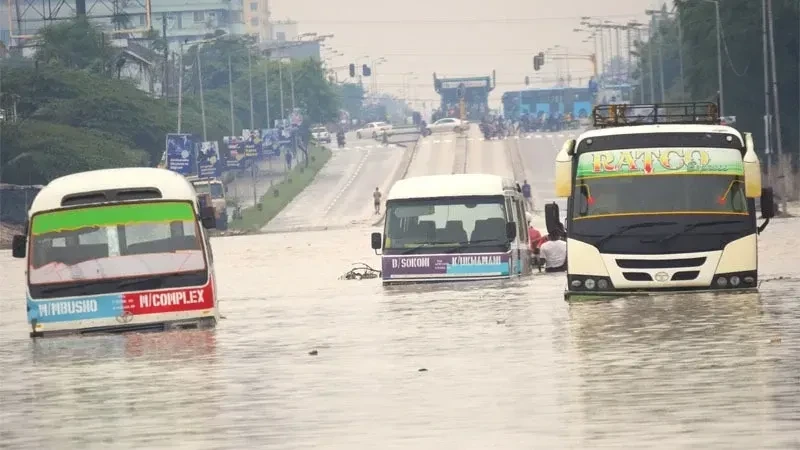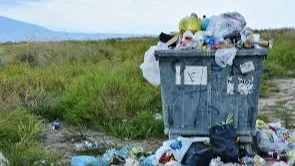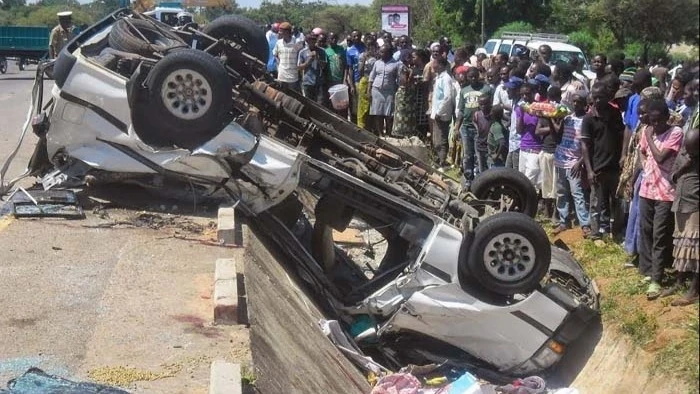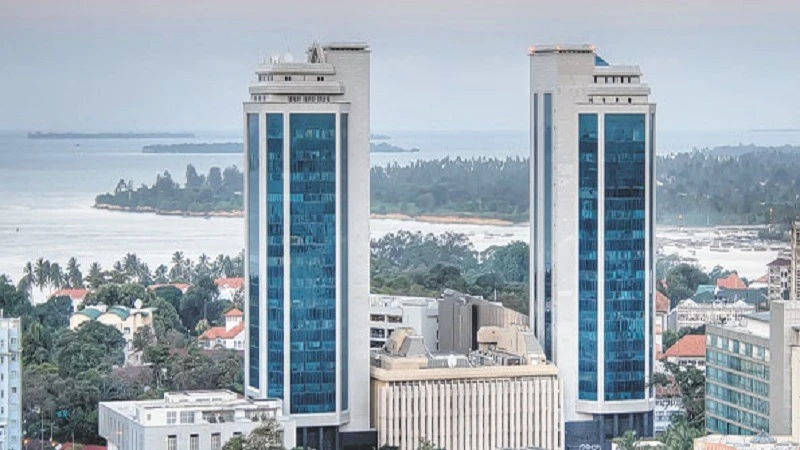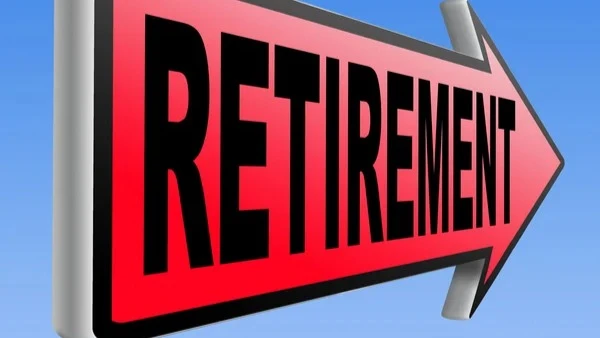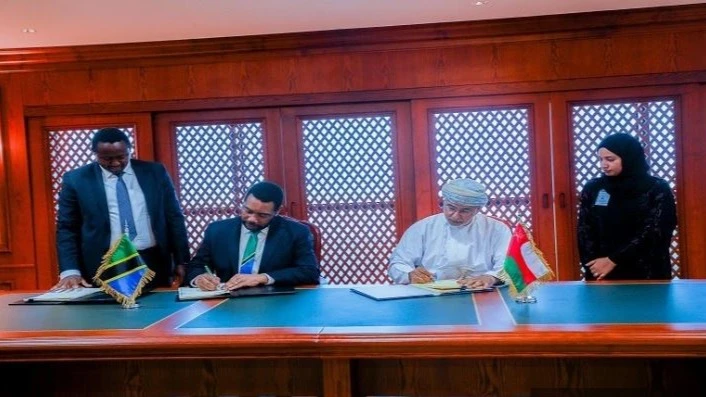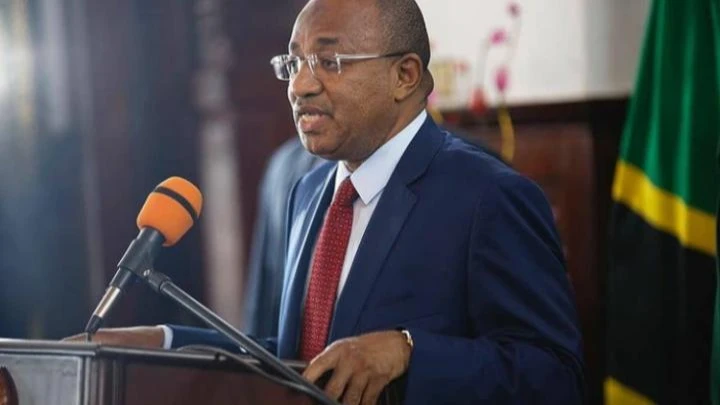Potential of municipal uplift good as natural resources attract capital flows
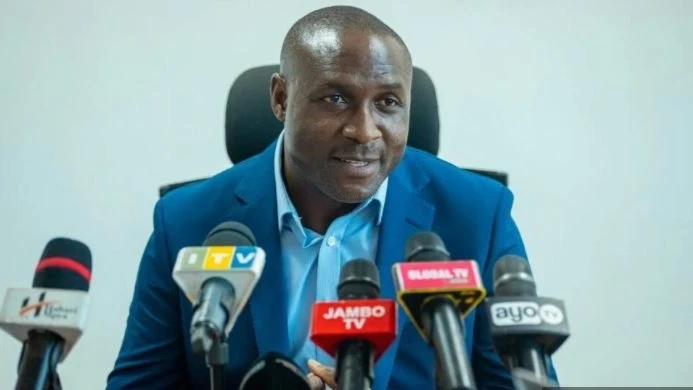
CONTRACTS are being signed for what is described as the second phase of the Dar es Salaam Metropolitan Development Project.
This is presumably for the construction of a total of 250 kilometres of tarmac roads across all of the city’s five municipalities.
The project is billed at 1.1trn/- virtually the entire Dar es Salaam city, especially its more centrally located zones, expecting their inner roads to constitute part of the wider infrastructure.
There are projects within a wider project, this time around including a redevelopment plan for the Sinza suburb, whose outer ends are noticeably metropolitan, alongside a Msimbazi Valley component.
What first comes to mind when roads are being improved, security is uplifted with night lighting and round-the-clock CCTV camera recordings. It’s not merely that life will improve for most city dwellers but also that investment and employment opportunities are created.
One way to ensure this has been to attract housing sector investors by extending special sub-citizenship status for the Diaspora, though it hasn’t had much promise. By contrast, we see more of global venture capital gunning for rare metals and millions of electronic gadgets sold daily these days of renewable energy.
That is why the precise mode of city growth in the years ahead is hard to project, this including how far employment will be created, how far there will be greater stagnation and how far security will increase or stagnate.
The wider social trends have not been positive, with wild accusations of police ‘indifference’ to reports of crime. According to some global reports, much of Africa is witnessing some form of decline in governance.
Countries experiencing chaos do not significantly attract investors, even as global investors are yearning to spend money in Africa, whether it is for the mining of rare metals, agro-based production and processing, or vehicle assembling or manufacturing if the climate is right.
Most of Africa is crushed by population growth, with the respective economies not being reformed substantially enough to create the jobs the continent badly needs to keep its cities peaceful.
While many people now appreciate the fact that chaos doesn’t pay, it remains a hard lesson to project, as governance lapses sowing chaos keep being created.
Yet there is some reform taking place in most African countries, a case in point being the way the Bola Tinubu government in Nigeria removed structural fuel subsidies.
The gross misuse of that facility used to stand as a channel for the rapid rise of naira billionaires selling fuel at market prices across borders, meanwhile as fuel prices were routinely cushioned.
The scrapping of subsidies implies that the government will obtain more revenues and scale up its public utilities functions, while dampening speculative investments arising from the subsidy surpluses for speculators.
All reform has pains, including what Nigerians are reporting at the moment, and this serves to caution other countries on what daring to reform entails and implies.
Reform has to be systematic enough or merely rapidly creating economies based on private companies as a show of arise in democratic conduct or a dimension of competitive economy will not come to much effect.
Even with more glittering cities as we see them coming up, the next decade in Africa doesn’t promise to be any more liveable than it has generally been. Urgent well-calculated remedial action is much more of a necessity than anyone wishing the continent well could wish to see happening.
Top Headlines
© 2025 IPPMEDIA.COM. ALL RIGHTS RESERVED






